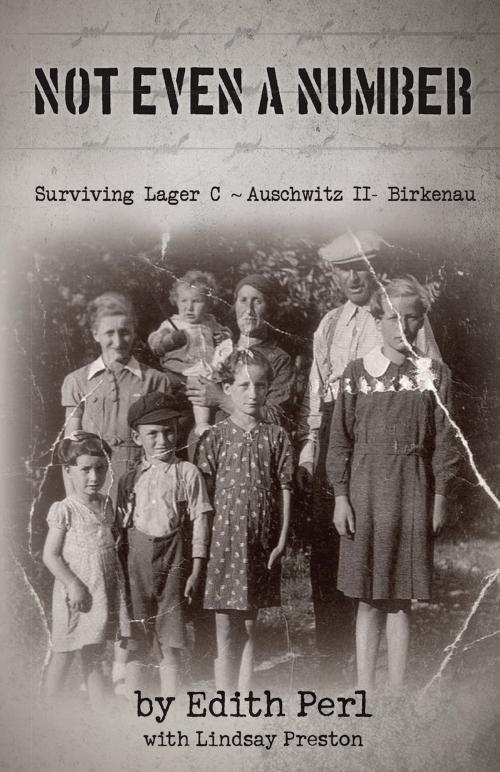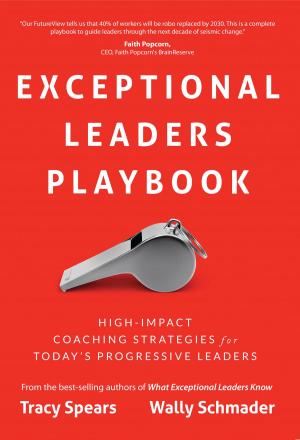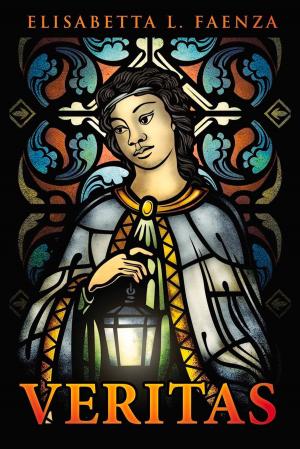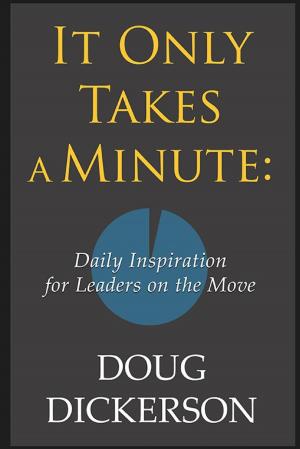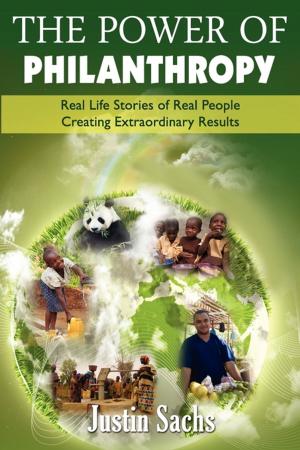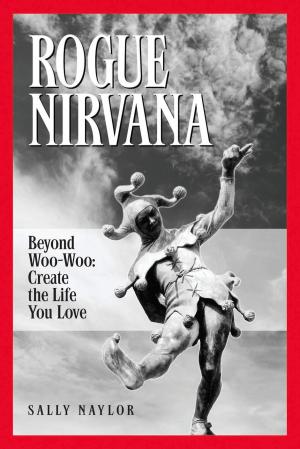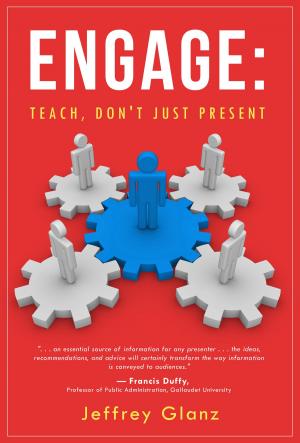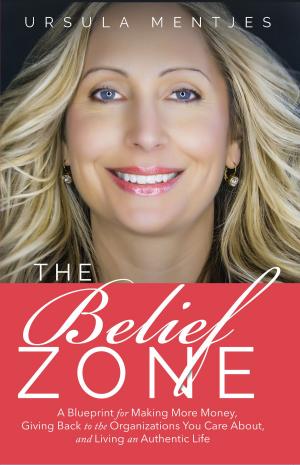Not Even a Number
Surviving Larger C - Auschwitz II - Birkenau
Nonfiction, History, Jewish, Military, World War II| Author: | Edith Perl, Lindsay Preston | ISBN: | 9781537820644 |
| Publisher: | Motivational Press | Publication: | December 14, 2016 |
| Imprint: | Motivational Press | Language: | English |
| Author: | Edith Perl, Lindsay Preston |
| ISBN: | 9781537820644 |
| Publisher: | Motivational Press |
| Publication: | December 14, 2016 |
| Imprint: | Motivational Press |
| Language: | English |
Surviving Auschwitz II-Birkeneu was going to take more than prayer, more than luck...it was going to take a will to live, a desire to fight and a need keep a promise. Rifcha and her family were living normal, happy lives. There was school, work, family dinners, outings and vacations. That was until 1938 when the first bit of turmoil started to hit their village located in the Sub-Carpathian mountains - anti-Semitism started running rampant like a disease. It began taking ahold of everyone around them. Those who were once friends now became vicious enemies. Rifcha began to realize that her world was about to crumble.On April 18, 1944, Rifcha and her family were ripped from their home and taken by gunpoint to the Mukacheve Ghetto. The conditions were harsh and virulent but the entire family was alive and together. Their stay in Mukacheve Ghetto was brief. One month later they were loaded into cattle cars and taken to Auschwitz II- Birkeneu.Selections were made as soon as the family was pulled from the train. There were no last hugs. No good-byes. As Rifcha's mother and her youngest siblings were being torn away and taken to their final death march, Rifcha's mother made her promise to take care of her sisters, to survive and to make sure she told the world of the atrocities of the Holocaust. At the gates of Auschwitz, Rifcha decided to become someone new. She gave herself a new name: Edita with the meaning: Spoils of war.Over a million people, lost their lives in Auschwitz II - Birkenau, mostly in gas chambers; today, it is the world's largest Jewish graveyard. At the height of the selections, the murders would peak at 10,000 a day. This camp was home to Dr. Josef Mengele. This was where he did all of his medical experiments. Edita fell prey to Dr. Mengele several times, even becoming victim to his knife, which ended up saving her life. When selections were being made for the eviction of Auschwitz-Birkenau II, Edita once again came in front of Mengele and he once again saved her life, but her battle wasn't over.When the Russians started nearing the concentration camps she was moved to the Flossenburg work camp. The living conditions were much better but the risks remained. It was here that she befriended the Hauptsrumfuhrer (the Commander of the camp). He ended up helping both Edita and Joli survive the next six months.In April 1945, Edita was moved again to the Terezin Ghetto. It was here she spent her time waiting for the Russian's, American's, or simply - a miracle. On May 4, 1945 that miracle happened she was Liberated.Edita's father, three brothers and one sister survived the war. They were eventually all reunited. Edita married a Russian soldier and had two daughters. When Edita made her way to America she changed her name again to Edith, meaning happy - because she was happy because despite the worse of circumstances, life goes on and she survived and now she is telling her story, just as she promised her Mother she would.
Surviving Auschwitz II-Birkeneu was going to take more than prayer, more than luck...it was going to take a will to live, a desire to fight and a need keep a promise. Rifcha and her family were living normal, happy lives. There was school, work, family dinners, outings and vacations. That was until 1938 when the first bit of turmoil started to hit their village located in the Sub-Carpathian mountains - anti-Semitism started running rampant like a disease. It began taking ahold of everyone around them. Those who were once friends now became vicious enemies. Rifcha began to realize that her world was about to crumble.On April 18, 1944, Rifcha and her family were ripped from their home and taken by gunpoint to the Mukacheve Ghetto. The conditions were harsh and virulent but the entire family was alive and together. Their stay in Mukacheve Ghetto was brief. One month later they were loaded into cattle cars and taken to Auschwitz II- Birkeneu.Selections were made as soon as the family was pulled from the train. There were no last hugs. No good-byes. As Rifcha's mother and her youngest siblings were being torn away and taken to their final death march, Rifcha's mother made her promise to take care of her sisters, to survive and to make sure she told the world of the atrocities of the Holocaust. At the gates of Auschwitz, Rifcha decided to become someone new. She gave herself a new name: Edita with the meaning: Spoils of war.Over a million people, lost their lives in Auschwitz II - Birkenau, mostly in gas chambers; today, it is the world's largest Jewish graveyard. At the height of the selections, the murders would peak at 10,000 a day. This camp was home to Dr. Josef Mengele. This was where he did all of his medical experiments. Edita fell prey to Dr. Mengele several times, even becoming victim to his knife, which ended up saving her life. When selections were being made for the eviction of Auschwitz-Birkenau II, Edita once again came in front of Mengele and he once again saved her life, but her battle wasn't over.When the Russians started nearing the concentration camps she was moved to the Flossenburg work camp. The living conditions were much better but the risks remained. It was here that she befriended the Hauptsrumfuhrer (the Commander of the camp). He ended up helping both Edita and Joli survive the next six months.In April 1945, Edita was moved again to the Terezin Ghetto. It was here she spent her time waiting for the Russian's, American's, or simply - a miracle. On May 4, 1945 that miracle happened she was Liberated.Edita's father, three brothers and one sister survived the war. They were eventually all reunited. Edita married a Russian soldier and had two daughters. When Edita made her way to America she changed her name again to Edith, meaning happy - because she was happy because despite the worse of circumstances, life goes on and she survived and now she is telling her story, just as she promised her Mother she would.
